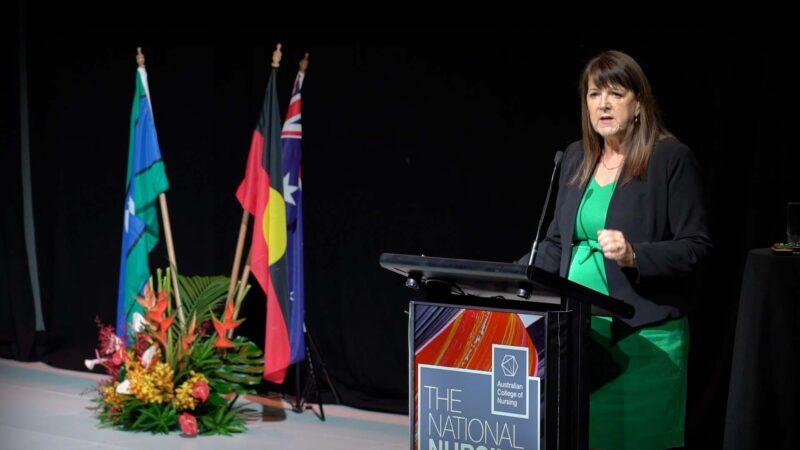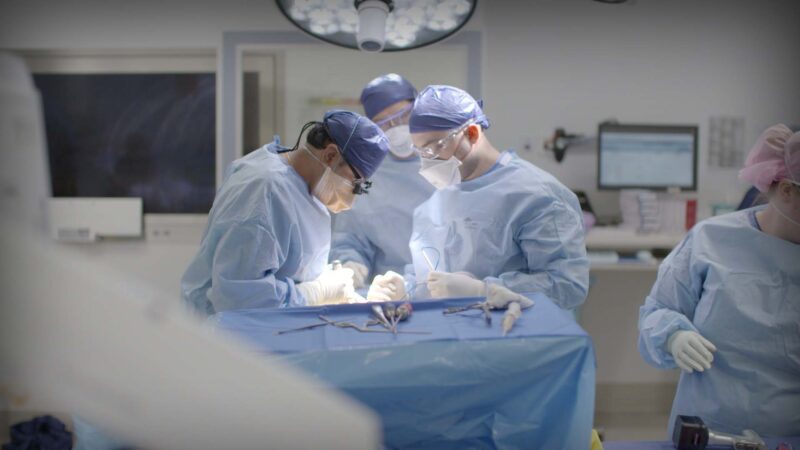New nurse-led protocols for stroke patients, based on ACU research, led by the Nursing Research Institute, have resulted in changes to policy, guidelines and clinical practice in Europe and Australia. The protocols were developed through the Quality in Acute Stroke Care (QASC) Trial (published in the Lancet, 2011) to manage fever, hyperglycaemia and swallowing (FeSS) post-stroke.
Professor Sandy Middleton FACN, FAAN is a Professor of Nursing and Director of the Nursing Research Institute at St Vincent’s Health Network Sydney, St Vincent’s Hospital Melbourne and Australian Catholic University. She focusses on stroke and the way research can improve care, particularly analysing the way nurses can initiate care to improve patient recovery.
Professor Middleton was the lead investigator on the landmark NHMRC-funded QASC cluster trial that demonstrated decreased death and dependency following implementation of nurse-initiated protocols to manage fever, hyperglycaemia and swallowing post-stroke, winning multiple national and international awards including ACU’s Vice-Chancellor’s Staff Excellence Award, Excellence in Research and Research Partnerships in 2019. These protocols have been translated into 64 hospitals in 17 European countries and in adopted in 36 NSW hospitals. She has published in high impact journals including The Lancet and The New England Journal of Medicine.
Australian Health Journal spoke with Professor Sandy Middleton on these significant achievements in nurse-led acute stroke care.
You Might also like
-
Role of the Chief Nursing Officer
Professor Alison McMillan PSM spoke with Australian Health Journal about the role of Chief Nursing and Midwifery Officer at the Australian Government Department of Health and Aged Care.
Alison was appointed as our Chief Nursing and Midwifery Officer in November 2019.
In June 2021 Alison was awarded a Public Service Medal for outstanding public service to driving the Government’s national health response priorities during the COVID-19 pandemic, particularly to infection prevention measures.
-
State of Private Hospitals sector in Australia
During Mr Roff’s working career at APHA he has represented the private hospitals sector to nine different Federal Health Ministers and eight Prime Ministers. He believes the government should take steps to regulate the health insurance industry to protect consumers and ensure that Australians have access to affordable and comprehensive healthcare services.
-
Jack Lancaster, Evolution Surgical
Continuing the Australian Health Journal, People In Health Care series is Jack Lancaster, the CEO of Evolution Surgical, an Australian owned company established in 2014, specialising in spinal fusion implants and custom instrumentation.
Jack talks about how the company works closely with surgeons to design custom solutions manufactured to surgical requirements, and ultimately, to the benefit of the Australia patient.



